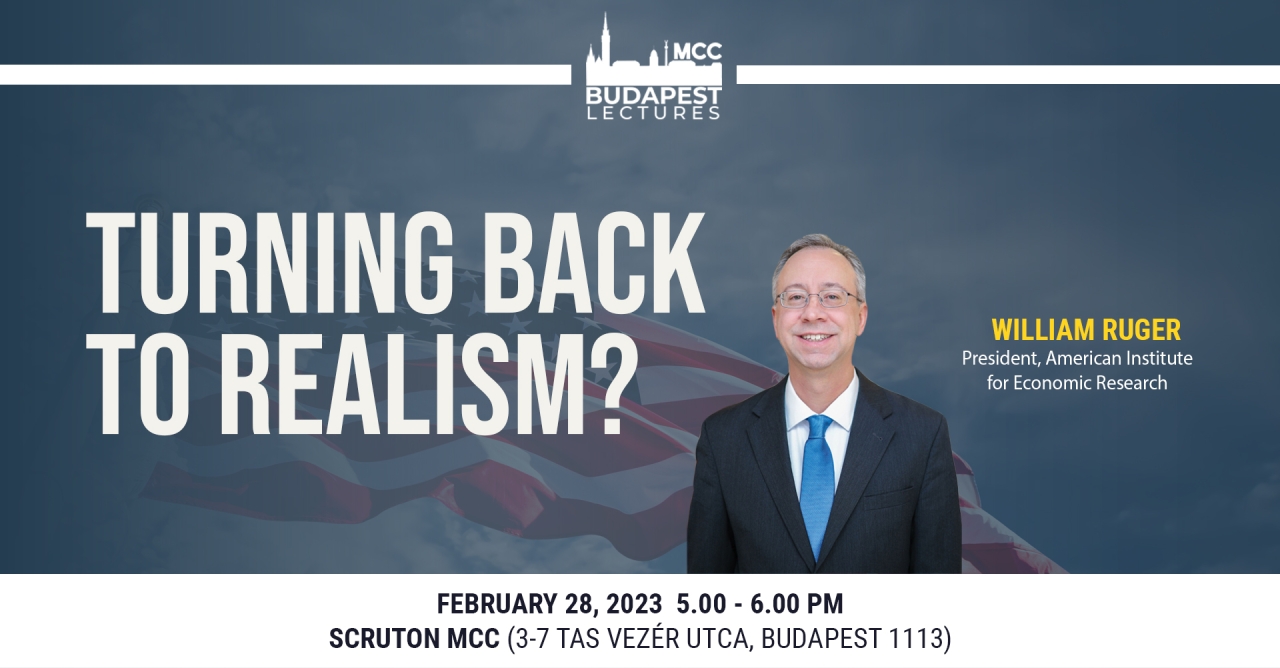The event is open to the press and all, but pre-registration is required.
Political realism has been the dominant theory since the birth of international relations as a field of study. One can even argue that since the ancient times of Thucydides, realism was an unparalleled approach to statecraft and foreign policy. However, this theory has been the subject of much criticism by scholars of newly emerging schools of international relations, especially after the end of the Cold War. But even though many have predicted the fall of realism as either a guide to state policy or theory, it has survived and could be on the cusp of a return. We can clearly see that despite economic interdependence and other factors the Liberal School holds so important, there are many times they are neglected by state actors in favor of raw material power in our turbulent era of change and competition. What does realism have to offer us in contemporary times, and where do other schools have more explanatory force or offer a better guide to making foreign policy? Is American foreign policy driven by realism – or should it be? We will put these questions under scrutiny with our distinguished guest, Mr. William Ruger, an expert in defense policy, a veteran of the war in Afghanistan and former Vice President, of Foreign Policy at “Stand Together”.
Language: English
Program
5.00 – 5.45 PM Moderated discussion
- William Ruger, President, American Institute for Economic Research
- Moderator: Krisztián László, International Relations Coordinator, MCC
5.45 – 6.00 PM Q&A
WILLIAM RUGER was previously the Vice President for Research and Policy at the Charles Koch Institute and the Vice President, of Foreign Policy at Stand Together. Before that, he was an Associate Professor (with tenure) in the Department of Political Science at Texas State University and an adjunct Assistant Professor at the LBJ School of Public Affairs at the University of Texas-Austin. He is a veteran of the Afghanistan War and was awarded the Defense Meritorious Service Medal, among other decorations. He remains an officer in the U.S. Navy (Reserve Component). He was nominated to serve as the United States Ambassador to the Islamic Republic of Afghanistan and was a prominent advocate for ending America’s participation in the Afghanistan War. He was appointed by President Trump to the Fulbright Foreign Scholarship Board in 2020. He earned his Ph.D. in Politics from Brandeis University and a BA. from the College of William and Mary. His scholarship has appeared in a number of academic journals including International Studies Quarterly, Review of Political Economy, Civil Wars, and Armed Forces and Society. His most recent scholarship examines the relationship between military service, combat experience, and civic participation. He is the author of the biography of Milton Friedman and co-author of two books on state politics, including Freedom in the 50 States. He has written op-eds for numerous outlets such as The New York Times, The Washington Post, and the Los Angeles Times, and he has been interviewed frequently for television and radio, appearing on Fox News, MSNBC, and CNN. He serves on several non-profit boards, including the Center for the National Interest, Defense Priorities, and The John Quincy Adams Society, as well as the Advisory Board of the Policing Project at the New York University School of Law. He is a life member of the Council on Foreign Relations.


